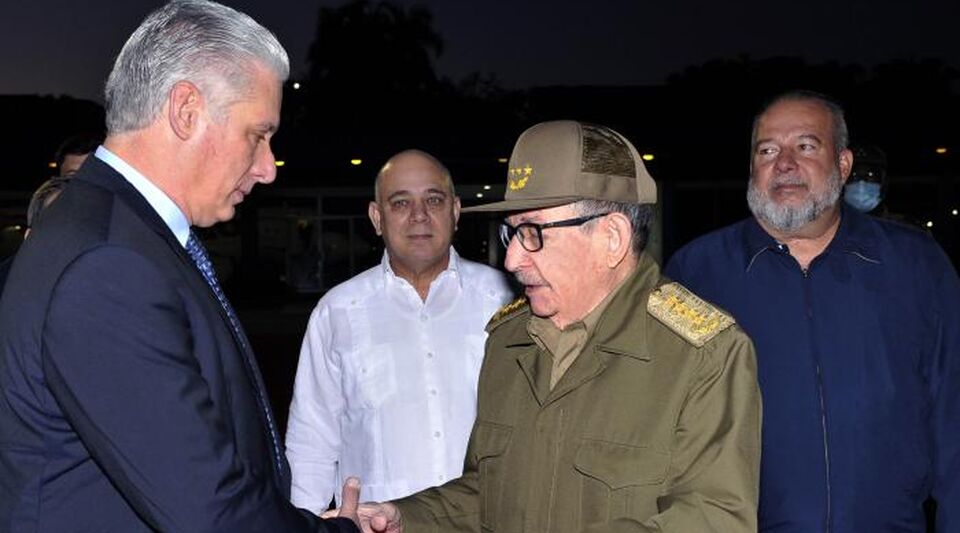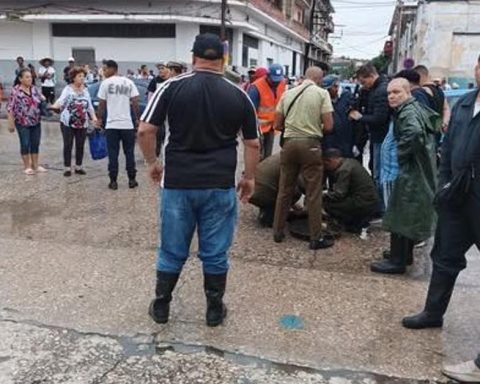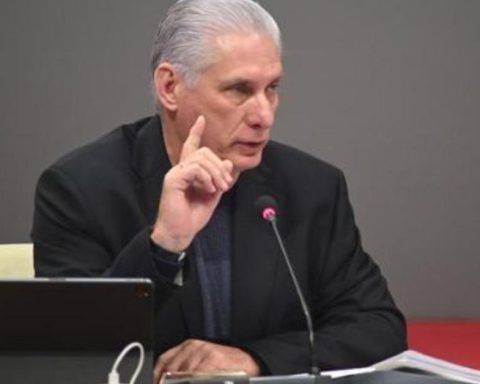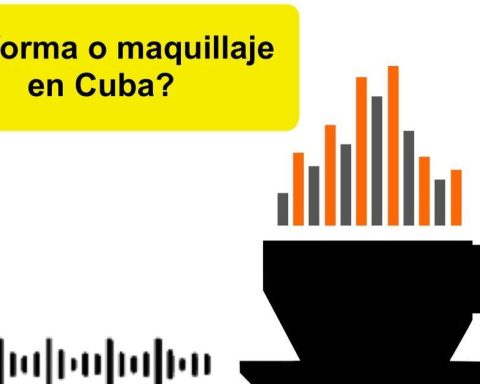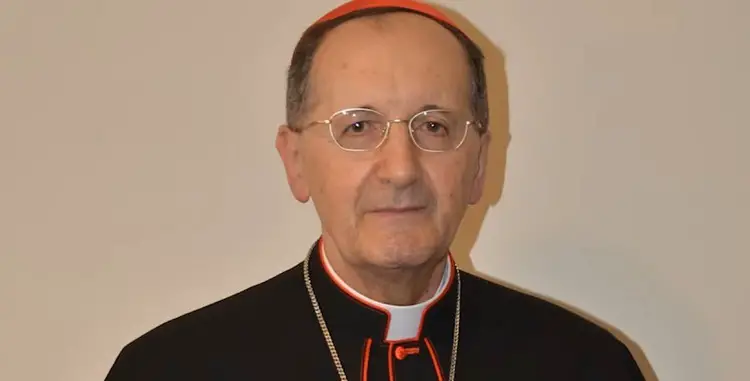Miguel Díaz-Canel left Sunday night together with the foreign minister, Bruno Rodríguez Parrilla and the Minister of Foreign Trade and Foreign Investment, Rodrigo Malmierca Díaz, to Argentina, where he will attend the summit of the Community of Latin American and Caribbean States (CELAC). ) together with the Cuban ambassador in Argentina, Pedro Pablo Prada. The president was fired at the foot of the presidential plane by his predecessor, General Raúl Castro.
“In a few hours we will be in Argentina, the land of Che and the cradle of other great friends and brothers, of admired heroes, politicians, intellectuals, artists and athletes”, said the president, who announced his return to “celebrate together the 170 years of the Apostle and resume daily tasks, always challenging”, according to the official press.
Upon his arrival, Díaz-Canel highlighted the “ties of friendship, solidarity and cooperation” that unite Cuba and Argentina. “I keep pleasant memories of my first visit to Che’s homeland and unforgettable expressions of affection towards Fidel and Cuba,” he wrote on his Twitter account, along with an image of the official reception.
The Argentine president has advocated “stimulating” the dialogue between the opposition and Chavismo, in such a way that “Venezuelans decide things among Venezuelans.”
The unrestricted invitation to all CELAC member countries has led to internal controversy in Argentina, although the president, Alberto Fernández, has defended the need to build bridges with all governments and comply with established protocols.
Celac brings together more than thirty countries in the region, some of which have been the recurring target of criticism for alleged violations of Human Rights and setbacks in democracy. However, Fernández has always defended that, as president of this community, he cannot discriminate.
Thus, the president of Venezuela, Nicolás Maduro, is “more than invited” to Argentina, as Fernández has defended in a recent interview with the Brazilian newspaper Folha de Sao Paulo. The Argentine president has advocated “stimulating” the dialogue between the opposition and Chavismo, in such a way that “Venezuelans decide things among Venezuelans.”
The Argentine opposition, however, has demanded that Maduro be arrested as soon as he arrives in Argentina. For former President Mauricio Macri, the arrival of Maduro and Díaz-Canel is a reason for “shame”, since it implies associating Argentina with other countries “where there is persecution, torture, narcoterrorism, political prisoners and fraudulent elections that make fun of democracy”.
“To make it very clear: the welcome to these dictators is not organized by us Argentines, but by a government that languishes in its mediocrity, one that will soon take the unfortunate honor of having been the worst government in the history of democracy of our country”, Macri emphasized on his Facebook account.
________________________
Collaborate with our work:
The team of 14ymedio He is committed to doing serious journalism that reflects the reality of deep Cuba. Thank you for accompanying us on this long road. We invite you to continue supporting us, but this time becoming a member of our newspaper. Together we can continue transforming journalism in Cuba.
